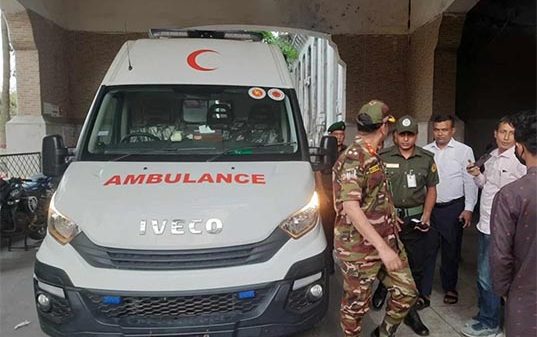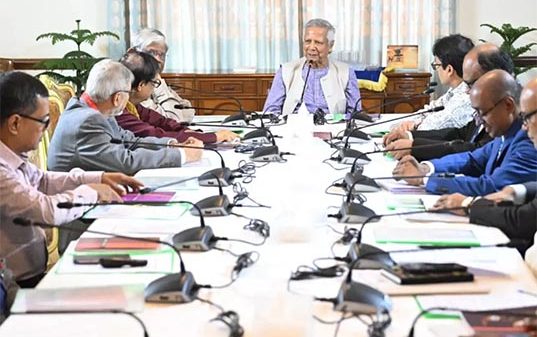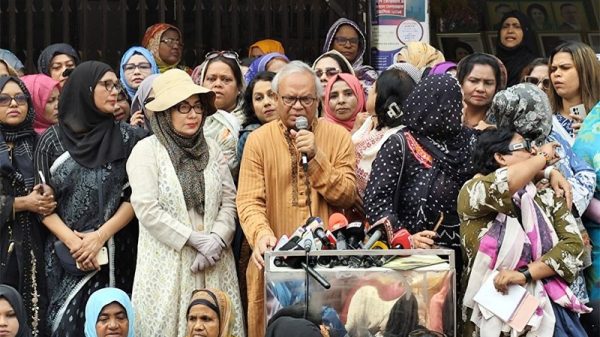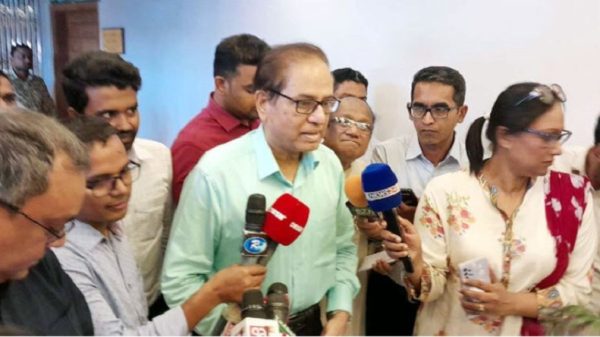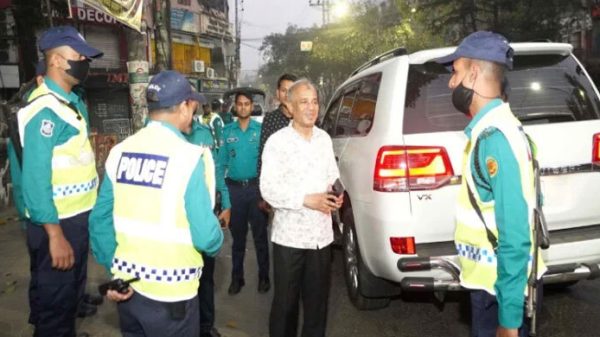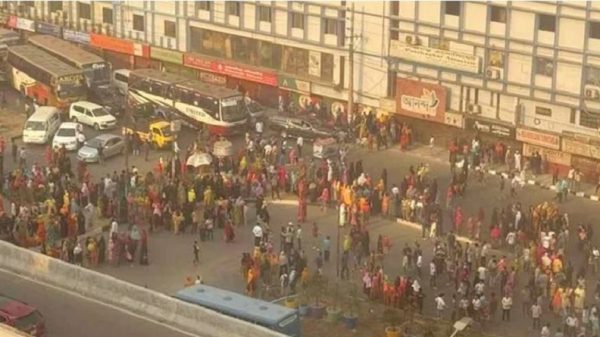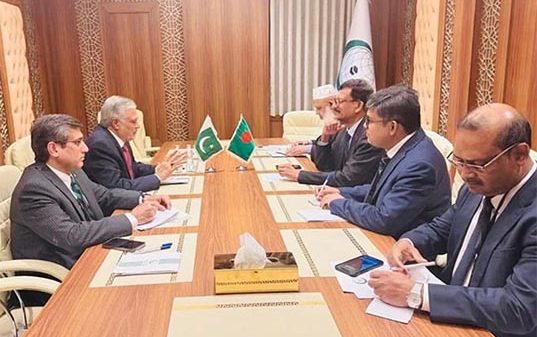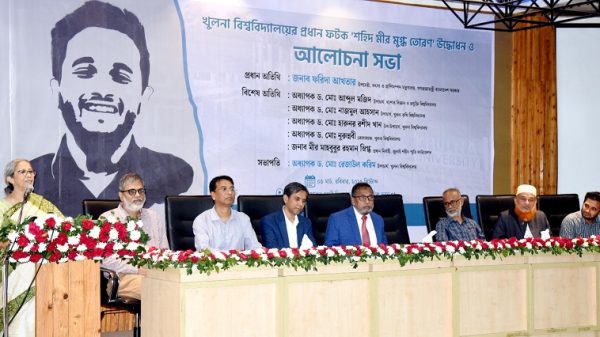Exporters fear economic collapse if LDC graduation not deferred

- Update Time : Saturday, 25 January, 2025, 05:36 pm
- 28 Time View
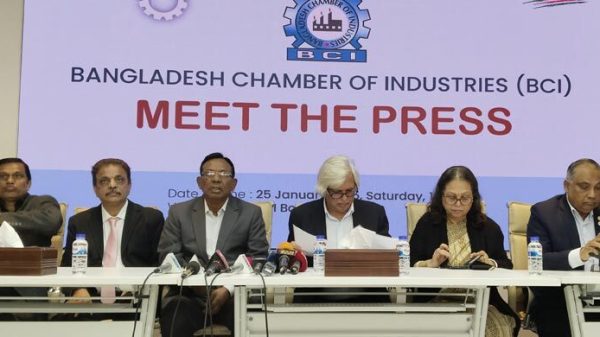
Online Desk : Though Bangladesh is set to graduate from the Least Developed Country (LDC) status in 2026, with a strategic plan in place to gradually reduce export product incentives, exporters warn that this move could severely harm the trade sector. They argue that if the LDC graduation period is not deferred by three years, the country’s economy could face a total collapse. Anwarul Alam Chowdhury Parvez, president of the Bangladesh Chamber of Industries (BCI), expressed these concerns at a press conference held at the BCI office in Tejgaon, Dhaka, on Saturday (January 25). BCI Senior Vice President Preeti Chakraborty and other leaders were also present.
Parvez highlighted the devastating effects on the garment industry, which has long been the backbone of Bangladesh’s economy. “In the last year, 100 garment factories in our country have closed, and another 200 are on the verge of shutting down,” he said. The ongoing government efforts to implement the US’s labour law reforms in line with the Trade and Investment Cooperation Forum Agreement (TICFA) were also noted. Parvez cautioned, however, that even if the US grants Generalized System of Preferences (GSP), Bangladesh’s garment sector will never receive duty-free access. “If graduation isn’t postponed, Bangladesh’s economy will collapse,” he warned. The garment and textiles sector, which employs 40 per cent of the workforce and accounts for 85 per cent of the country’s exports, will be hit hardest.
The free trade agreement (FTA) signed by Vietnam ensures it will receive zero-tariff benefits in the European Union starting in 2027. By 2029, European importers will impose a 12 per cent duty on Bangladesh’s garments, worsening the already precarious situation for the sector. Parvez criticised the government’s adoption of policies prescribed by the International Monetary Fund (IMF), claiming they could cripple the country’s economy. “Our country will not function properly under these conditions,” he said, stressing the importance of a democratic government for economic relief.
He also expressed concerns over rising interest rates, VAT increases, and a reduction in the loan classification period from six months to three months. “How can foreign direct investment (FDI) be expected when domestic entrepreneurs are already reluctant to invest in this environment?” Parvez asked, highlighting the numerous challenges facing businesses. He further pointed out that the government and politicians have failed to prioritise the economy. Instead of focusing on business, trade, and economic growth, the government is preoccupied with other matters, leaving the economy in jeopardy. “If the wheels of the economy don’t turn, the future government will struggle to manage the economy,” he warned.
Looking ahead, Parvez urged the interim government to take necessary measures to prevent further damage to the economy. “The interim government must work to maintain employment, boost investment, control production costs, and reduce inflation,” he said, questioning how realistic such goals are under the current circumstances.


